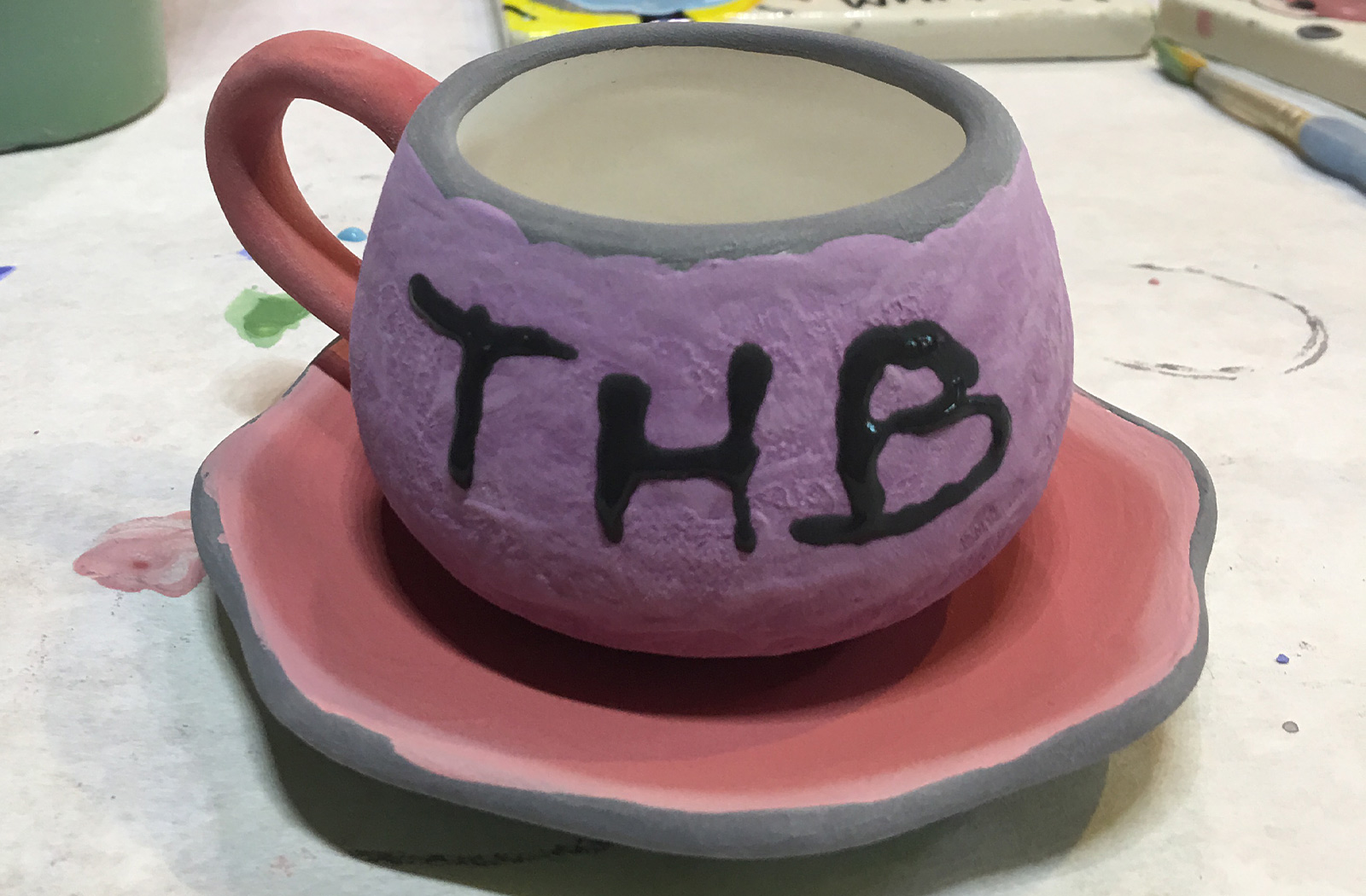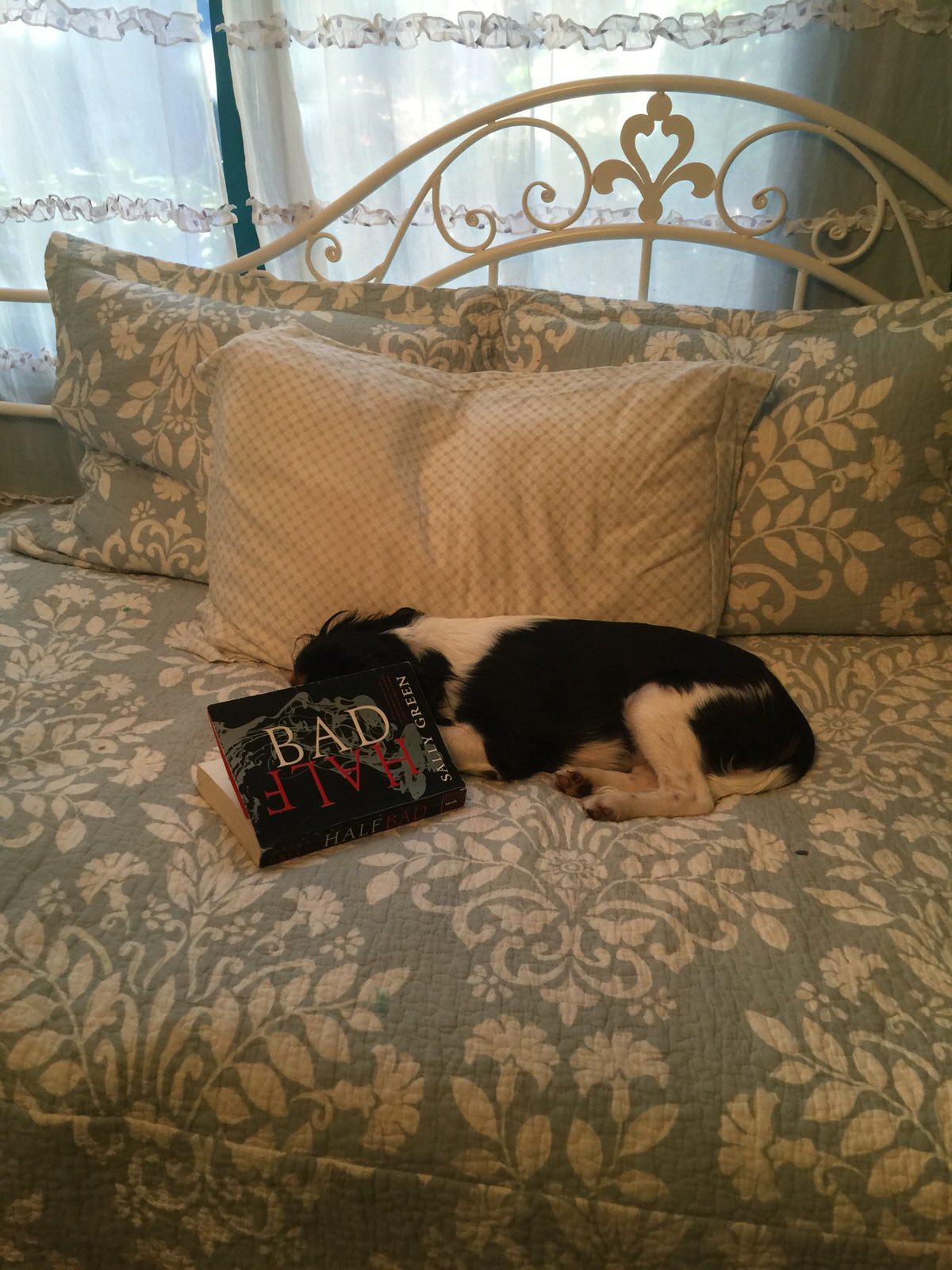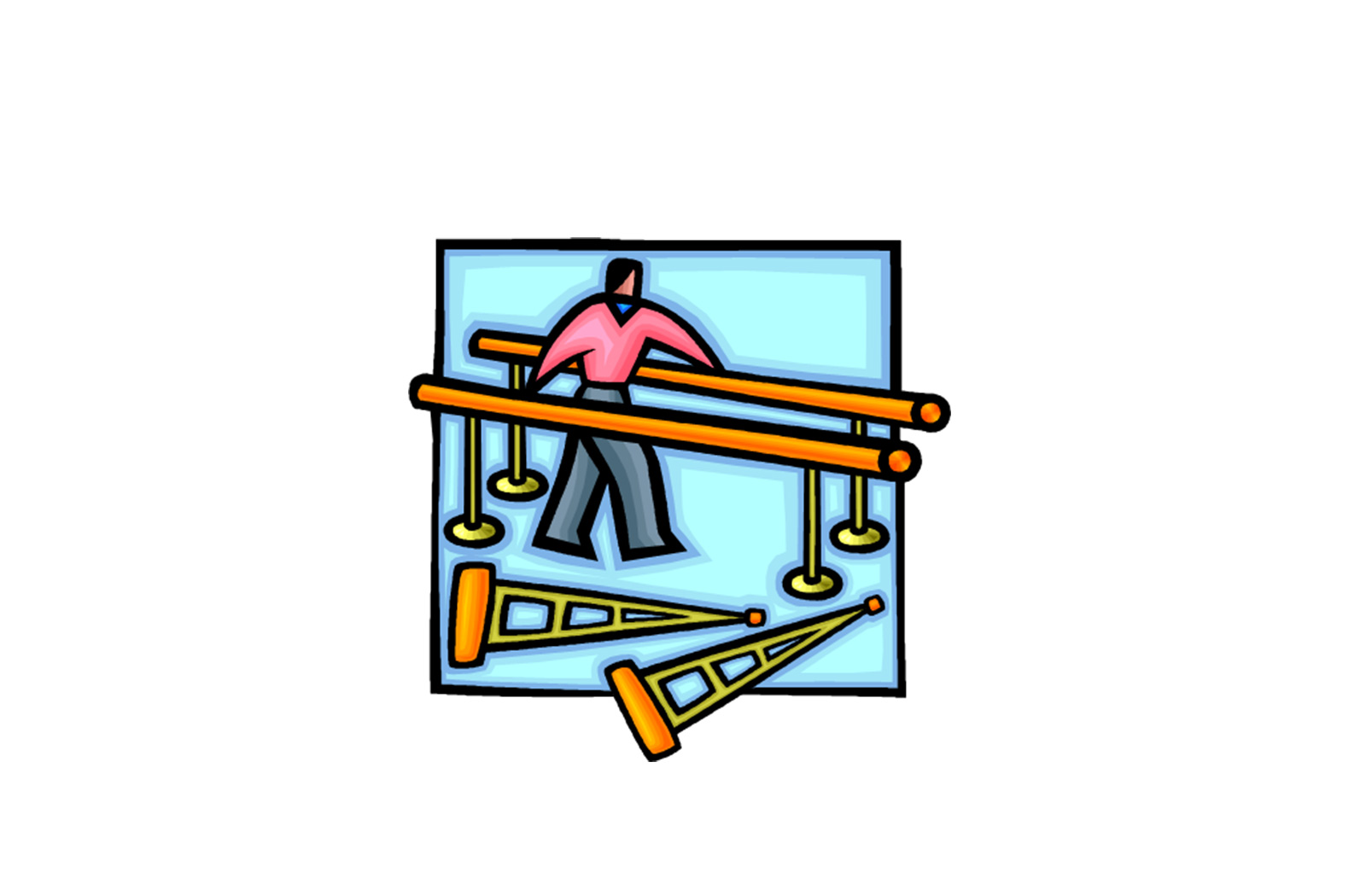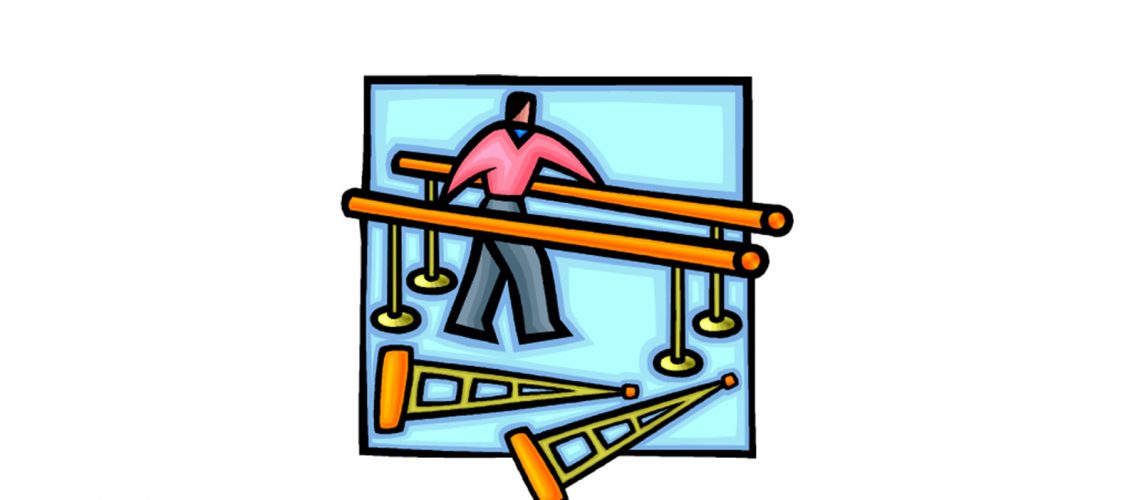The question I pose is very obvious when it comes to a broken ankle, for instance, when you need to take pressure off the area to avoid creating more damage. Crutches ultimately help you return to a healthy state so that you no longer need them. But there are other crutches that we use often, sometimes without real need, and with no understanding that we need to give them up. So why do we use them? Because we are compensating in some way. And it’s easy.

A good example is coffee. At every retreat, people ask us about it, and if it’s good for us. (It is, in small amounts, like a small espresso or Americano.) Our rule is to not have coffee when tired; instead, we take a nap to restore our energy. And we don’t feel guilty about it, we enjoy it because we really see the difference in our attitude and energy level afterwards. Even our clients in busy work environments are able to do this: Instead of going to lunch, they eat a bar and take a nap in their office or car. Other clients nap the minute they return home from work instead of heading to the fridge.

People often use wine or alcohol for stress-release or relaxation when it would be much better for them to meditate, take a nice walk, or again, take a short nap. It’s a crutch when you “need” it and can’t live without it as part of your lifestyle.
Using supplements and excess vitamins is another unnecessary, ineffective practice that people adopt. If we eat nutrient-poor foods that are fried, overcooked, and processed, we are certainly depleted, but supplements are not the answer. They’re costly, lack micronutrients, and are often poorly absorbed. The key is to change your eating habits, incorporating more fresh fruit and vegetables, preparing simple dishes yourself that will provide you with all the vitamins, nutrients, and minerals that you need to have energy and healthy organs.
Cleanses are a compensatory crutch for poor eating habits as well. Thirty days of juicing or “detoxifying” and “flushing” teas, colon cleansing, etc., are all short-term “solutions,” usually embraced the moment you’re conscious that you’re doing something wrong to your body. You never change your poor eating habits.
Even exercise can even be a crutch when you overdo your workout to compensate for excess calories instead of controlling your food intake. And then when your knees and back ache from over-exercising, you rely on Advil or other painkillers to mask the symptoms of damage instead of listening to your body.
Instead of numbing, masking, cleansing, and artificially boosting your energy, why not investigate your unhappy body lifestyle and make changes that will provide you with long-lasting, positive outcomes?
DEEPER CONTEMPLATION
Are you aware of using crutches in your own life? Where and when do you use them? Is there a positive use for some of them?
Was there ever a time when a helpful crutch turned into a problem?
Leave your response below in the comments.



Hello Jerzy. First, you are an amazing person. Above you say “At every retreat, people ask us…” Retreat? How do I learn about your retreats?
Hi Roger, we will be announcing more details about upcoming retreats in May. Hope that you can join us. In the meantime, here are some photos from our January Retreat in Davenport, California: https://photos.app.goo.gl/MNf9Pyf6McokZUdR6
I’m interested in your take on medical marijuana and using it for chronic pain. I have begun the happy body workout to improve my chronic back pain, but have a habit of ingesting THC and CBD to feel better.
Similarly, would ibuprofen or acetaminophen be considered a crutch?
Eventually you shouldn’t use anything to deal with pain. Taper slowly volume of whatever you use until the pain is a guide of how to live constructively.
Great observations. Agree with all of it. What do you think about Nordic walking pools? Do you recommend them for hiking? Thank you in advance for sharing your thoughts on Nordic walking pools.
The question would be why do you use them? If you need to use walking pols it means you are weak or inflexible, and you are relying on your upper body for support. After some walking probably you break your posture and the pols helps you to stay upright to use your lower body more efficiently. The danger though is that you might compensate by leaning on them for support to walk greater distances or climbing steeper surfaces. That might become a crutch. It would be good idea to work on strengthening your legs, lower back and abs as well as flexibility of your hamstrings.
Old habits are a crutch what use to work at 30,40 and 50 years old that don’t serve me anymore. I’ve been doing happy body with Merredith my happy body coach for 8 weeks I’m down 13 pounds and many inches. I thought I should have lost more weight yet in truth I’m exactly where I am at 56 and feel better than I ever have. Tons strength and extra flexibility when teaching my Zumba, Yoga and Tai Chi classes. I Had to let go of my old expectations and habits and enjoy this new journey. I
I  My happy body
My happy body